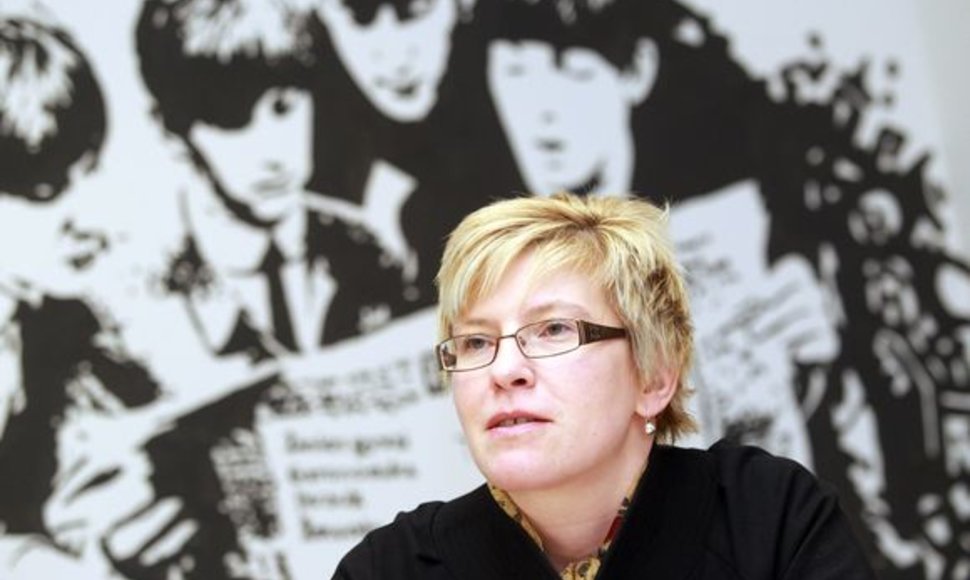The European Commission had applied procedures that are “not fully” defined, thus trying to resolve its payment problems and defer payments to Lithuania for some time, she said.
“Some reasons behind the situation are probably of political nature. The European Commission has used a possibility, which has not been fully defined in procedural terms, to ask for more information. I have my own explanation why, among other things, this could happen, as I have recently received a letter from three EU Commissioners, in which all EU Member States, including Lithuania – and I think that in our case it is the least founded – are asked to be more consistent in submitting declarations to the European Commission when asking for refunds,” Šimonytė said in an LTV broadcast Teisė Žinoti (Right to Know) on Wednesday.
“To put it simply, some 40 percent of the total annual budget piled up at the end of last year as the member states asked for refunds. I think it is absolutely natural that the Commission in took various procedural measures for dealing with one or another member state and it should definitely not be associated with some unique situation of Lithuania,” the minister said.
It “should not be associated with Lithuania’s actual or alleged scandals”, she said adding that payments had been suspended to many other EU Member States, not just Lithuania. Šimonytė pointed out that the payments from the social fund to Lithuania had not been frozen.
The minister noted that EU Commissioner Janusz Lewandowski had publicly admitted that the demand in funds was poorly planned and the EU now had to compensate the shortfall of support to the Member States from this year’s budget.
Such a situation posed problems for the Finance Ministry as it became difficult to manage money flows, Šimonytė said. Under the support scheme Lithuania shall first use its own funds for project implementation and may later ask the Commission to reimburse all payments.
“I would definitely not like to downplay the problem – first of all, the problem is with the management of money flows by the Finance Ministry, but I would not want to extrapolate that to a situation that nobody knows what he or she does here [in Lithuania] and it is unknown how the EU money is absorbed,” the minister said.
Considering the regulations governing the suspension of EU support, the error rate in Lithuania was well below the level set forth in the regulations (2 percent), Šimonytė said.
The error rate established in a report from the National Audit Office of Lithuania made up 1.93 percent of the total support initially. Later, the rate went even further down, the minister said.
In February, the Commission temporarily suspended payments from the European Regional Development Fund and the Cohesion Funds to Lithuania due to irregularities in the country’s use of the EU money. Irregularities concerned the use of approximately 26 million litas (EUR 7.5 m) out of 2.8 billion litas support allocated in 2010. As a result, the payment of 163 million euros, which Lithuania applied for last December, has not been made.
Šimonytė noted that Lithuania had already provided all explanations to the Commission and a decision on the resumption of support should be taken in about a fortnight.












